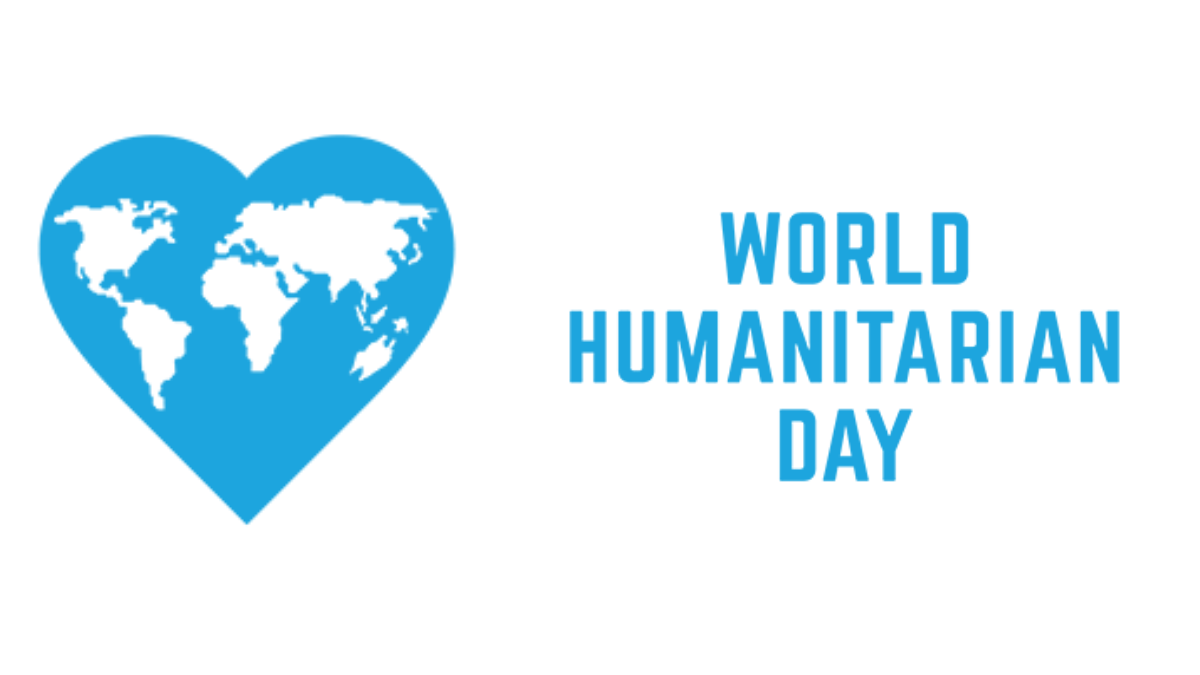The world celebrated the World Humanitarian Day on Friday, August 19, 2022. It is a day set aside by the United Nations to recognise humanitarian personnel and those who have lost their lives working for humanitarian causes around the world.
The history of the day dates back to 2003 when 22 humanitarian workers were killed on August 19, in a bomb attack in Baghdad, Iraq. Five years after the horrible incident, by a unanimous resolution, the UN decided to dedicate that day henceforth to remind humanity of the dangers we all face from conflicts and wars that affect us all regardless of race, colour, citizenship and location.
- ASUU: Gombe varsity calls off strike, opens register for lecturers
- FRSC impounds 2,823 unregistered motorcycles, arrests 13,081 riders
The theme of this year’s celebration, which was aptly titled, “It takes a Village’’, not only serves as a reminder of the sacrifices made by volunteers for humanitarian causes and needs. It also brings home to us the reality of the various humanitarian issues and crises that are playing out in our world today.
Recognising the sacrifices made in this regard, UN Secretary-General, Antonio Guterres, in his address on the significance of the day stated that, “Far from the spotlight and out of the headlines, humanitarians work around the clock to make the world a better place. Against incredible odds often at great personal risk, they are suffering in some of the most dangerous circumstances imaginable’’.
According to data from the Humanitarian Outcomes, a UN-affiliated agency, more than 140 humanitarian aid workers were killed in 2021, while helping others, the highest such number since 2013.
In the words of Martin Griffiths, UN Emergency Relief Coordinator and Under Secretary-General for Humanitarian Affairs, “The village is made up of affected communities themselves, who are always first to respond when crises strike, backed up by a support system of national emergency services, local business and civil society, non-governmental organisations (NGOs), UN agencies, Red Cross and Red Crescent family’.’
In line with the above, Daily Trust commends humanitarian workers for all that they do to make life bearable for the vulnerable members of society. In Nigeria, we have witnessed firsthand the work that persons in the group do with the increase in conflicts across the country.
Although the world humanitarian day focuses on humanitarian personnel, we cannot ignore the fact that essentially, the issues have to do with the conditions of humanity generally. Apart from everyday conflicts and wars, we also face the climate emergency, effects of the global pandemic, ever increasing hunger, poverty and displacement of people. It is the prevalence of these global challenges that necessitate the need for engaging humanitarian workers in the first place. This presupposes that governments around the world should work at reducing wars and conflicts, and also work in concerted ways towards constructively resolving some of these challenges. Not all issues should lead to wars. There are things that can be solved through constructive dialogue/engagements and we urge countries to explore that going forward.
In Nigeria, President Muhammadu Buhari fittingly paid a working visit to Borno State, which has been the epicentre of the country’s humanitarian crises for over the past decade as part of activities to commemorate the day. During the visit, he commissioned housing units and distributed relief materials to thousands of Internally Displaced Persons (IDPs) affected by the Boko Haram insurgency which had raged for over a decade. More significantly, he reaffirmed government’s commitment to reducing the effects of disasters, climate change, insurgency and the conditions of IDPs.
This is as well because all around us in the country, there are visible and concrete indications that the existential challenges we currently face may result in one form of humanitarian crises or the other. In the North West of the country, for example, bandits and kidnappers are running a reign of terror, sacking whole communities, displacing thousands in the process. There is also the effect of creeping desertification which has resulted in the displacement of sizable populations and migration to more fertile areas which all too often result in conflicts and crises.
All these constitute the ingredients for future humanitarian crises in the country which need to be proactively tackled by governments at various levels in conjunction with stakeholders.
This is the abiding lesson to take away from the World Humanitarian Day.

 Join Daily Trust WhatsApp Community For Quick Access To News and Happenings Around You.
Join Daily Trust WhatsApp Community For Quick Access To News and Happenings Around You.


